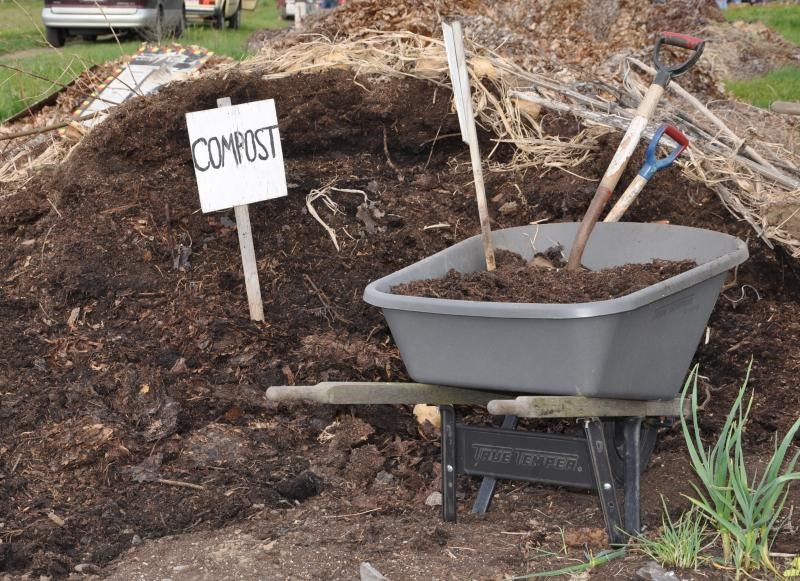Horse Manure Management and Composting

While not the most glamorous subject associated with horse ownership, horse manure management is a very important and inevitable part of responsible horse ownership, regardless of how many horses you own or manage.
The Nutrient Value of Horse Manure
Manure is considered a valuable resource by many farmers for its nutrient values and soil amending characteristics. This summary addresses characteristics of horse manure as well as techniques for handling, storing, composting and utilizing horse manure.
Calculating Horse Manure Production: Understanding Daily Excretion Rates
For calculation purposes, the average 1,000 pound horse eats roughly 2% of its body weight and drinks 10 to 12 gallons of water each day. This will vary with individual metabolism, activity level and the weather.
On average, that same 1,000 pound horse will excrete 56 pounds of manure (feces and urine combined) each day, which adds up to more than 10 tons annually. In fresh manure, there is roughly 0.2 pounds of nitrogen (N), 0.03 pounds of phosphorus (P) and 0.06 pounds of potassium (K) in each pound of manure.
Handling and Storing Horse Manure: Techniques for Effective Management
Storing manure typically consists of: short-term stockpiling, permanent stockpiling, composting or spreading the manure. Stockpiling is a pile of solid manure that is left undisturbed and may or may not be added to.
Best Practices for Manure Stockpiling
Stockpiling can occur on a temporary or permanent site. There are existing state guidelines for stockpiling manure that should be researched prior to establishing or constructing a manure stockpile.
Composting Horse Manure
Composting is managed, accelerated decomposition of organic materials by microbes (i.e. bacteria, fungus and molds).
The goal of the composting process is to provide these microbes with an optimum environment that encourages manure decomposition quickly and efficiently. If a manure pile will eventually decompose if left on its own. This will result in nutrient loss and potential infestation by unwanted organisms.
Developing a Manure Management Plan: Key Elements and Resources
The article Horse Manure Management and Composting further discusses your options for using the manure on your farm. The article also outlines items that you should address in your farm’s manure management plan.
Your local Soil & Water Conservation District (SWCD) is also a valuable resource for helping you understand local ordinances and regulations. They may also have programs in place to help you establish best manure management practices.
At Nutrena, we believe proper nutrition plays the biggest role for a lifetime of health and happiness for every horse. That’s why Nutrena horse feeds are specifically formulated for every life stage and activity level.
Ready to ensure your horse is getting the optimum nutrition at feeding time, every time? Find the perfect feed formulated specifically for horse’s needs with our Feed Selector Tool.
Summarized by Abby Neu, MS, University of Minnesota.
Photo credit: Oregon State University Extension
